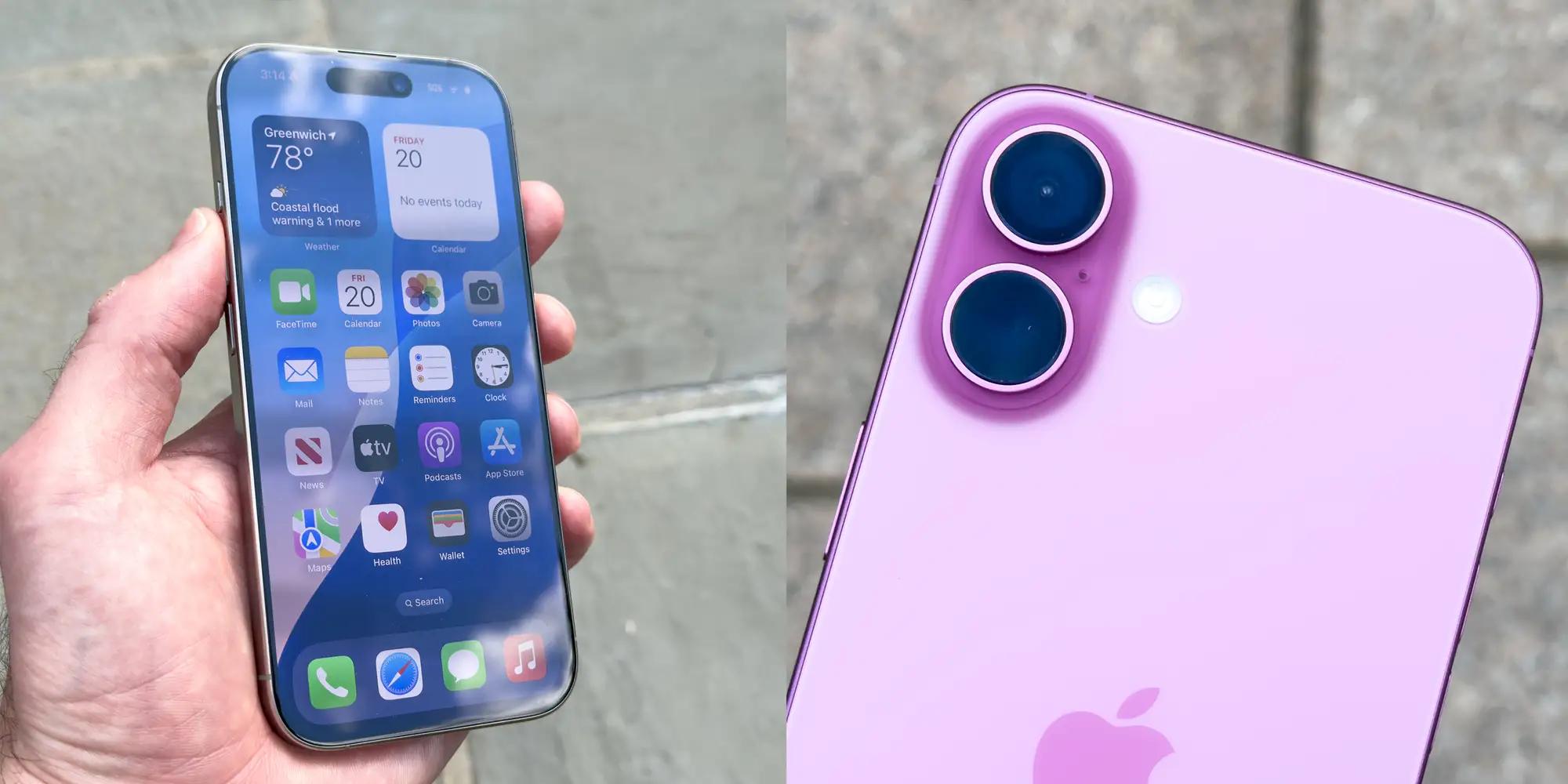Apple Users, Watch Out: This Government Wants a VIP Pass to Your Private Data
A secret directive demands unrestricted access to protected cloud backups worldwide, potentially compromising Apple's commitment to user privacy

If you’re an Apple user, your private data may not be as private as you think—at least if the UK government gets its way. According to The Washington Post, British authorities have quietly ordered Apple to build a backdoor granting them full access to users' encrypted iCloud data.
This unprecedented move, reportedly issued under the UK Investigatory Powers Act (2016)—often dubbed the "Snoopers’ Charter"—could force Apple to compromise encryption worldwide, not just in the UK.
Historically, Apple has cooperated with law enforcement on a case-by-case basis, such as assisting the FBI in high-profile criminal investigations. But this latest demand is different—it reportedly seeks blanket access to encrypted iCloud data for all users, anywhere.
Critics argue that this could set a dangerous precedent and digital rights advocates warn that any backdoor built for governments can also be exploited by hackers, foreign adversaries, and cybercriminals.
"There’s no such thing as a secure backdoor. Once you weaken encryption, it’s open season for bad actors," said a spokesperson from a leading cybersecurity think tank under conditions of anonymity.
Apple, known for its strong privacy stance, has yet to comment publicly. However, sources suggest the company may discontinue encrypted iCloud storage in the UK to sidestep compliance—leaving British users with weaker data protection.
Even if Apple resists, the law prohibits them from disclosing the government’s demand, meaning users could remain in the dark about potential surveillance.
This UK push for mass surveillance isn’t happening in isolation. In the U.S., law enforcement agencies have long lobbied for "responsible encryption"—a term privacy advocates call an oxymoron.
In 2021, former FBI Director Chris Wray testified that encryption hampers investigations, urging tech companies to create "backdoors that preserve privacy but allow government access"—a concept widely rejected by security professionals.
With major democracies adopting increasingly aggressive surveillance laws, privacy advocates warn that this could pave the way for authoritarian-style data control, akin to China’s bans on encrypted messaging apps like Signal.
For those concerned about digital privacy, experts recommend:
- Using end-to-end encrypted messaging apps (like Signal or Telegram)
- Avoiding cloud backups for sensitive data
- Regularly reviewing privacy settings on your devices
- Staying informed about digital rights and government policies
With governments ramping up their surveillance powers, one thing is clear: If you’re an Apple user, it’s time to pay attention.